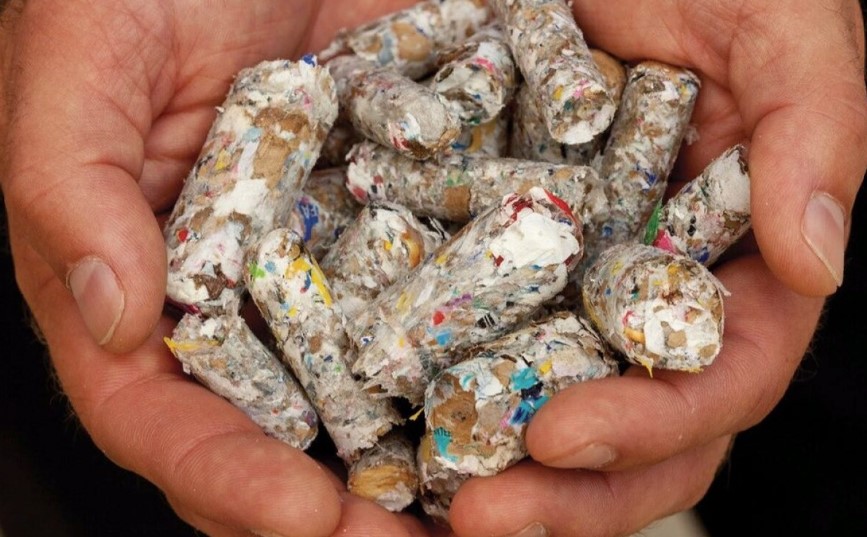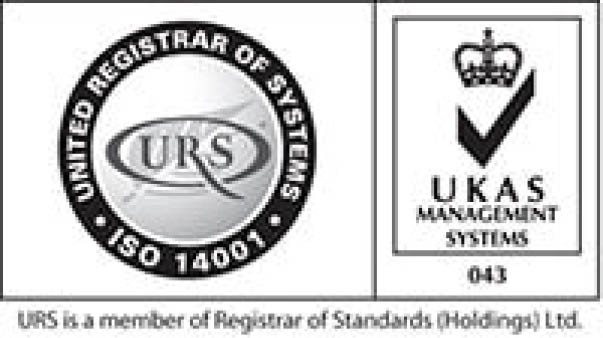As the world continues to grapple with the pressing need for sustainable waste management, innovative solutions like Refuse Derived Fuel (RDF) are gaining attention. At Wellington Waste, our commitment to minimising landfill usage has led us to explore and implement RDF as a key part of our waste disposal strategy.
What is Refuse Derived Fuel (RDF)?
Refuse Derived Fuel (RDF) is a fuel produced from various types of waste that are not suitable for traditional recycling methods. This waste typically includes non-recyclable plastics, damp or contaminated paper and cardboard, textiles, and other materials that would otherwise end up in a landfill. Instead of allowing these materials to contribute to environmental pollution, they are processed, shredded, and formed into pellets, bricks, or logs that can be used as fuel.
How is RDF Produced?
The production of RDF involves several steps:
- Sorting and Shredding: Non-recyclable waste is first sorted to remove any recyclable or hazardous materials. The remaining waste is then shredded into smaller, manageable pieces.
- Drying and Compressing: The shredded waste is dried to reduce moisture content, which is crucial for efficient burning. After drying, the material is compressed into uniform shapes, such as pellets or bricks.
- Energy Recovery: These RDF products are then incinerated in specially designed facilities where they are used to generate energy. The heat generated from burning RDF can be used to produce electricity, heat, or even fuel for industrial processes like cement production.
Environmental Advantages of RDF
RDF offers several significant environmental benefits compared to traditional landfill disposal and fossil fuel usage:
- Reduction in Landfill Waste: By converting non-recyclable waste into RDF, we significantly reduce the volume of waste that ends up in landfills. This is crucial because landfills are a major source of methane, a potent greenhouse gas.
- Lower Carbon Footprint: When RDF is used as a substitute for fossil fuels, it helps reduce the carbon emissions associated with burning coal, oil, or natural gas. Although RDF does produce some emissions, its overall carbon impact is lower compared to fossil fuels.
- Energy Recovery: RDF not only diverts waste from landfills but also recovers energy that can be used for power generation or industrial processes. This dual benefit makes RDF a valuable component of a circular economy.
- Resource Efficiency: By making use of waste that would otherwise be discarded, RDF contributes to a more resource-efficient society. It aligns with the principles of waste hierarchy, which prioritise waste prevention, reuse, recycling, and recovery over disposal.
How Wellington Waste Utilises RDF
At Wellington Waste, we’ve integrated RDF into our waste management processes to ensure that as much waste as possible is diverted from landfills. After recyclable and repurposable materials such as wood, metal, plastic, and plasterboard have been separated, the remaining non-recyclable waste is processed into RDF.
This approach has allowed us to reduce the amount of waste going to landfill to less than 1%, a milestone we’re incredibly proud of. By converting residual waste into RDF, we’re not only reducing our environmental footprint but also contributing to the production of sustainable energy.
If you’re looking to dispose of significant quantities of waste and want to ensure it’s handled in the most environmentally-friendly way possible, Wellington Waste is here to help. Contact us at 01823 664628 and let’s work together towards a greener tomorrow.

